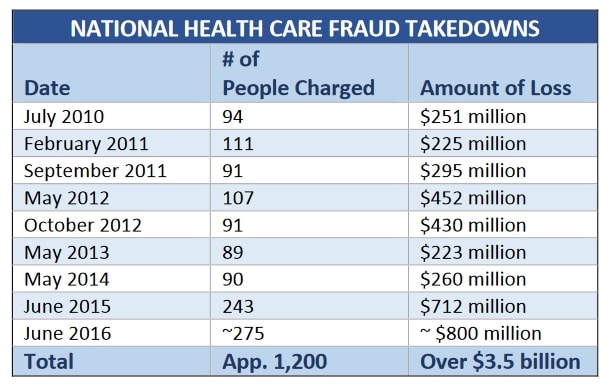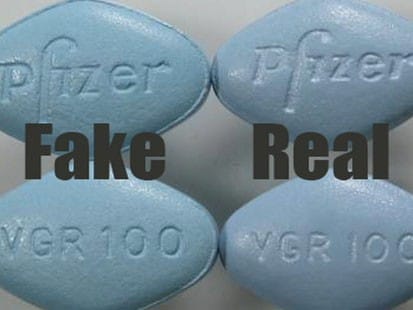A Blockchain Healthcare Revolution is In the Works
A blockchain healthcare revolution has quietly been taking place and over the last five years, tech giants such as IBM, have put forth significant resources towards conducting comprehensive studies to better understand the effects that blockchain technology is having on the sector. The results have been truly eye-opening with one study revealing that more than half of the healthcare executives that participated in the project intended to implement some form of blockchain technology into their business system in the coming years.
Blockchain technology provides the healthcare sector with a more efficient and secure means of conducting business. The immutable and unalterable nature of blockchain technology makes it ideally suited for the healthcare industry and there have been some exciting developments coming from the merger of these industries.
Blockchain Tech vs. Healthcare Fraud
A recent report from Harvard Medical School revealed that around $455 billion is lost to global health care fraud every year. In the United States, over $700 million in losses occurred in 2015 alone. There is a serious need in the industry for the verification and authenticity capabilities that blockchain technology encompasses and by implementing a blockchain system, global healthcare could be transformed.

Eliminate Fragmentation
Our current medical system is very localized and fragmented. There are hospitals, specialists, clinics, general practitioner, diagnostic clinics, and the list goes on. As you could imagine, such a large patchwork of private and government organizations don’t meld well. To put this into perspective, just the city of Boston has around 26 different electronic medical records systems currently in use.
This has been a major issue for the healthcare industry and professionals have been teaming up with researchers from around the globe to try and develop some way in which to bring this chaos into one concise location. Researchers from MIT have published a whitepaper in which they describe a blockchain-based system that could help all of these organizations exchange data in a more secure and efficient manner. The system utilizes the Ethereum blockchain and Smart Contract technology to accomplish this task, which would have been impossible just a few years prior.
Patient Results
A global blockchain healthcare network could allow for a greater consensus on patient results. Each patient could be assigned a unique blockchain fingerprint that would ensure that the patient is indeed, who they say they are, and what the results of their treatment were. When the data is reviewed on a large scale, it could allow medical professionals to notice emerging trends with greater precision.
The current system of global healthcare keeps records heavily localized. In many developing nations, paper systems are still in place. Due to the low cost of implementing a blockchain-based patient record system, for the first time in history, a global patient result consensus could be achieved. Platforms such as Medicalchain are already providing this service to healthcare professionals with great success.
Medical Research
Along these same lines of thought, global medical research could be vastly improved by the ability to conduct real-time monitoring of experimental drug test results. It can be expensive to implement new treatment protocols and the current system makes it impossible to utilize the data in a timely fashion.
A blockchain supply chain could be used to help further monitor the effects of any alterations to the composition of the drug including the location, or times, in which certain chemicals were introduced. Changes could be monitored via the blockchain and all results would be unalterable.
Blockchain Healthcare – Counterfeit Drugs
Counterfeiting drugs is extremely lucrative with some experts estimating yearly losses as high as $200 billion. Blockchain technology is well-suited for supply chain applications and it has already been used extensively in large shipping networks where logistical concerns are similar. Patients could gain the ability to verify that their drugs are legitimate through the use of blockchain technology. They could even see the date and manufacturing details if the blockchain was programmed with this data.
The platform MediLedger employees a combination of features including compliance, track, trace, and security protocols; to provide pharmaceutical companies with a cost-effective verification system. The platform is GS1-compliant and a special portal is provided for regulators to access critical information on the network when needed.

The MediLedger platform utilizes a permissionable blockchain to provide data safeguards against unauthorized use scenarios. The developers of this platform envision blockchain-based supply chain systems becoming legal requirements by 2020. The FDA has already expressed interest in the platform. Given the huge amount of funds lost to fraud yearly, it only makes sense to look towards emerging technologies.
Data Security
Data security is a huge concern for the healthcare industry. There were 140 million patient data breaches that occurred in 2015 alone. Blockchain networks could be employed to secure this valuable information and prevent tampering or removal of any data. Data security issues are a major concern for healthcare providers and only blockchain technology can provide this sector with the means in which to protect and verify the originality of a document online.
Billing
Billing systems could also benefit greatly from the added functionality of blockchain-based systems. For example, smart contracts would allow for a patient to automatically fulfill their billing obligations upon the completion of a certain procedure. A blockchain verification system could also be employed to protect against credit card fraud.
[thrive_leads id=’5219′]
Taken a step further, a global healthcare platform could utilize a token to handle all medical fees in the future. This would allow people access to a global healthcare system that wouldn’t be limited by regional limitations or currencies.
Blockchain Technology & Healthcare
After reviewing some of the benefits that blockchain technology brings to the medical sector, it’s easy to see why so many healthcare professionals are looking towards this new technology to eliminate wasteful business practices in the future. If implemented correctly, you could soon see the day when healthcare fraud is a term of the past.







